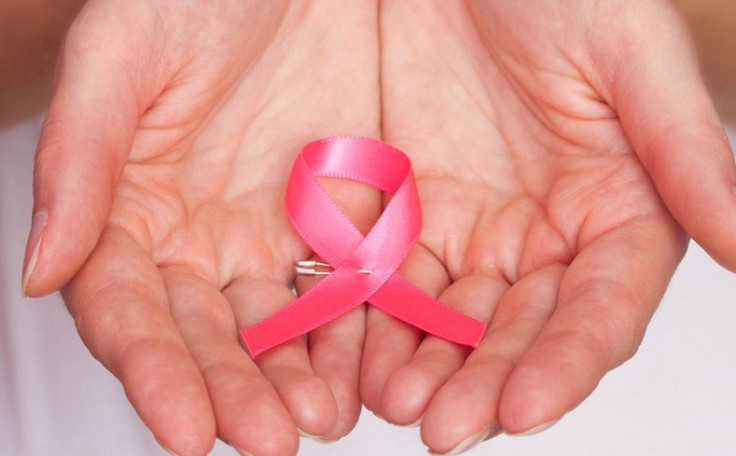Catching Cancer Symptoms Early Aids In Prevention And Treatment, Yet People Are Still Reluctant To Call Their Doctor

Did you know cancer awareness campaigns are slated for every single month? January may be focused on cervical cancer, May on melanoma, and October on breast and liver cancer, but each strives to educate others on the likelihood of the disease, plus prevention and treatment. Some feature celebrity-studded telethons, others hashtags, yet people are still making the mistake of not addressing cancer symptoms with their doctor.
A new study published in PLOS One includes the results of a questionnaire sent out to 1,700 people ages 50 and older. The questionnaire listed “alarm symptoms,” which range from persistent coughing or pain, changes in bowel habits, a sore that does not heal, unexplained weight loss, and difficulty swallowing. Some are lesser known than others, but regardless, 53 percent of those questioned said they experienced at least one symptom in the previous three months. So, why did only two percent of them consider the idea of cancer?
Granted, most people experiencing an alarming symptom won’t have cancer, but some will. And early diagnosis can help patients get control of, or perhaps even beat, the disease. "Most people with potential warning symptoms don't have cancer, but some will and others may have other diseases that would benefit from early attention,” said lead study author Dr. Katriina Whitaker, senior research fellow at University College London, in a press release. “That’s why it's important that these symptoms are checked out, especially if they don't go away. But people could delay seeing a doctor if they don't acknowledge cancer as a possible cause.”
Whitaker added the more obvious signs of cancer are being ignored too, like unexpected lumps and moles. Though the public has a pretty healthy knowledge of the disease, it doesn't mean they're any less scared by the thought of cancer. It’s an idea Dr. Lawrence Wagman, executive medical director of the Center for Cancer Prevention and Treatment at St. Joseph Hospital in Orange, Calif., understands.
“Healthy people are often reluctant to undergo testing because they ‘feel good’ and cannot believe they have anything wrong [with them],” he told Medical Daily. “Cancer is somebody else’s diagnosis.”
While the symptoms the present study outlines are relevant and warrant a call to your general practitioner (better safe than sorry has never been more relevant), most symptoms are directly related to the problematic organ, Wagman said. Bowels differentiate in frequency, caliber, and color, when colon or rectal cancer is present. Breast lumps are an obvious sign of breast cancer, but so is nipple discharge and changes in skin appearance. Prostate cancer, on the other hand, is rarely symptomatic.
Medical Daily asked Wagman if he agreed with the researchers ultimately finding opportunities for early diagnosis are being missed. The short answer? Kind of.
“I would say the source of diagnosis varies based on the likelihood of a cancer being screened for — if general practitioners are rigorous in their screening of their patients, there should be very few prostate, colorectal, breast, or cervical cancers diagnosed by symptoms,” he said.
Source: Whitaker K, et al. PLOS One. 2014



























